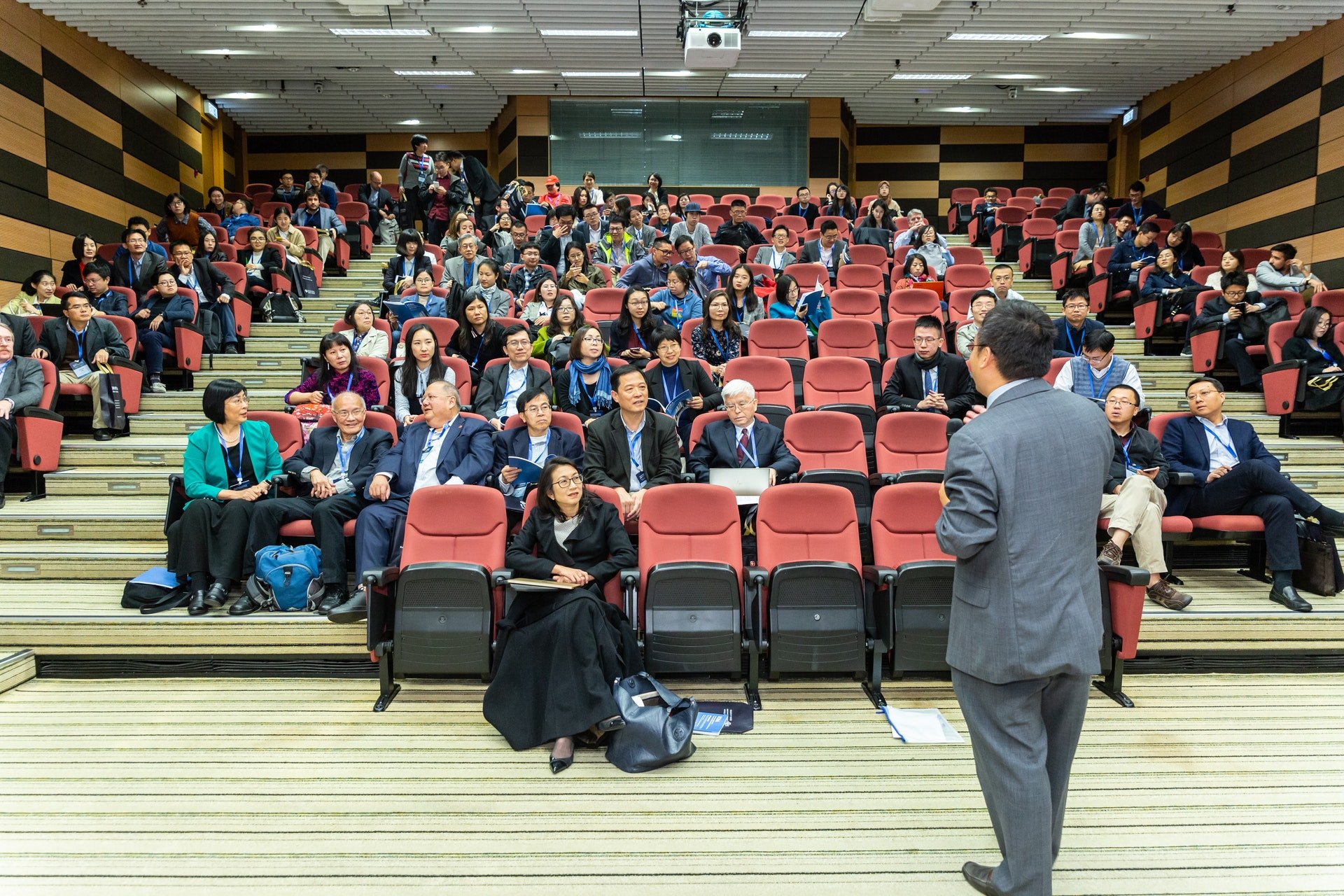Speakers
Ask people you know to speak. If you don’t know the speaker personally, look for common acquaintances and ask them to introduce you.
Why look for common connections? Speaking at an event is a matter of 15 minutes, but you have to prepare a report, or even a presentation, before you speak. When asked by someone you know, it’s harder to refuse or ignore the request than when asked by a stranger. So do not be shy to ask for help.
What should be in a message to a potential speaker:
introduce yourself: write who you are and what organization you are from, attach a link to your corporate website – that way you save the interlocutor’s time;
state the gist of the matter: what the conference is about, when it will be, what you want from the person in this regard;
finish the message with a question. For example, ask if he wants to meet and discuss the format of the presentation. Of course, this is worth doing if you are better at persuasion verbally;
talk about how this person’s performance will help your guests pump up their skills. Generally, people are pleased when there is attention and interest in their favorite cause.
Write briefly. A couple of paragraphs in two or three sentences is enough.
As part of the follow-up communication, give the speaker a timeframe for his or her presentation, a deadline for preparing material, including the presentation. Think about the format of the presentation: whether it will be an experience story, a master class, or some other form of activity.
If it is a workshop, find out if any equipment, special programs, or props are needed. Ask the speaker who the master class will be useful to: a general audience or narrow specialists. All this information should be obtained from the speaker before you start promoting the event. You need to understand what benefits you are offering your guests.
If your speakers dutifully send you presentations a few days before the conference, review them on your projector and make sure the text and images are readable. This will help you avoid a situation where the presenter is drawing the audience’s attention to a presentation in which nothing can be seen.
Find out if you can include the presentation in the newsletter after the event or post it on social media. Announce before or during the presentation that materials will be available later. Then guests can listen quietly and ponder questions, rather than straining to take pictures of the slides. When the conference is over, remember to keep your promise and post the presentations.
